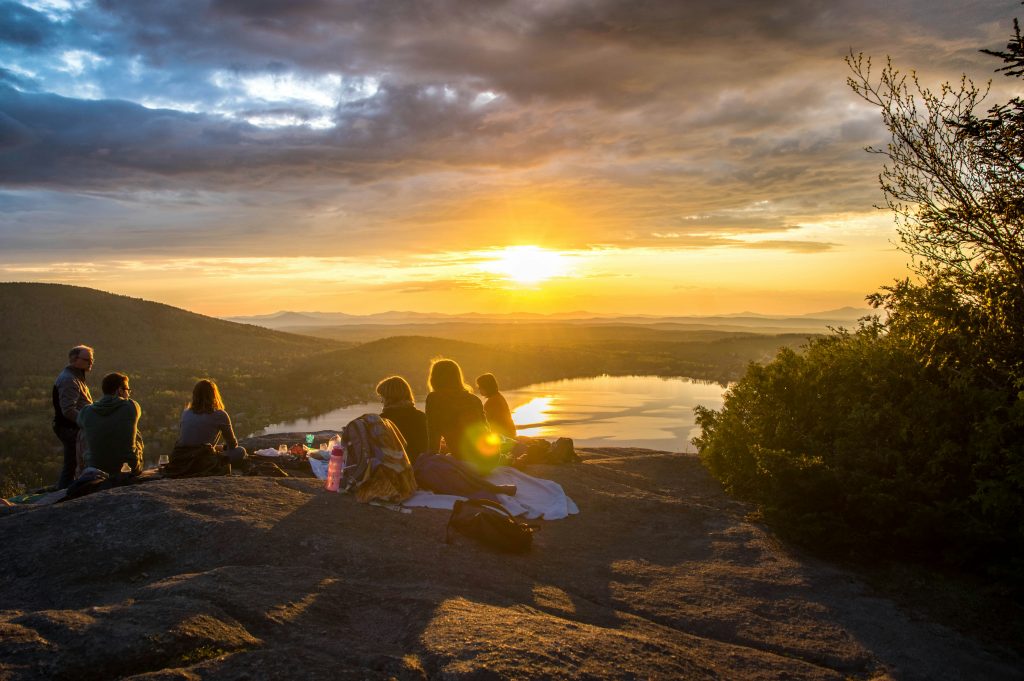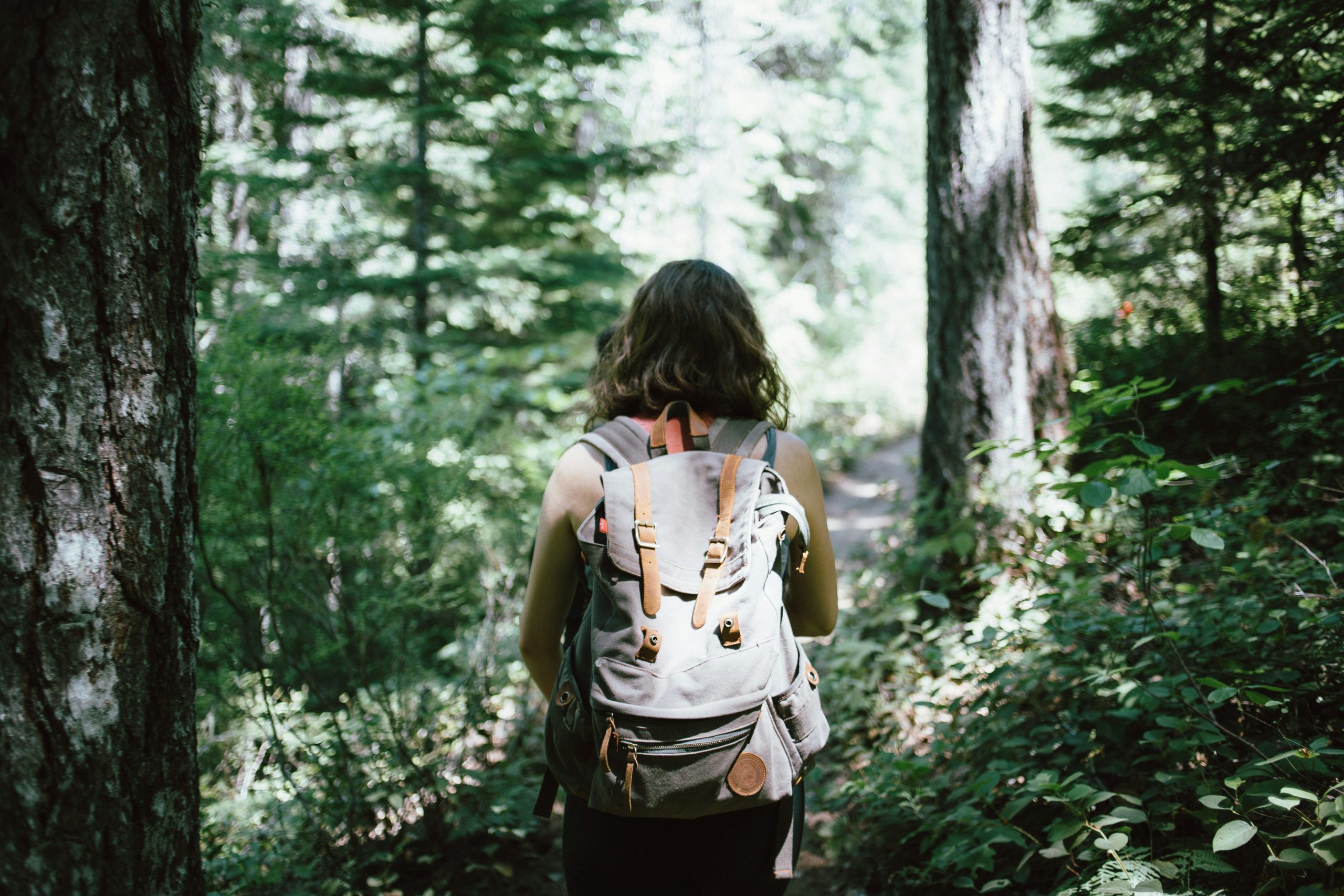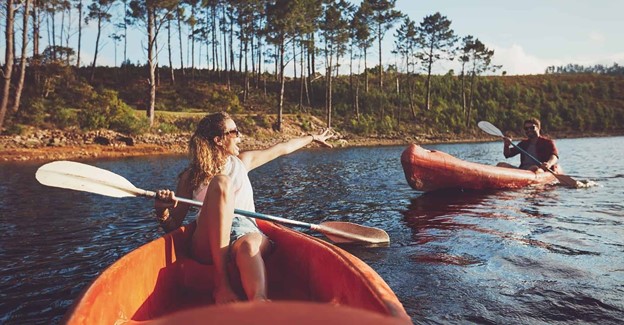Spring has reached most parts of the world. Meanwhile, it brings light, warmth and a feeling of resurrection for both the flora and fauna in the outdoors. The past few years have seen the emergence of the modern human being – tech savvy, urban, city-oriented, living in gigantic structural conglomerates.
More and more trees are being cut down to pave the way for office buildings and skyscrapers. Having the opportunity to walk in the park or a forest is becoming a rarity. Even though not everyone would willingly choose to live in the countryside or the outskirts of town, the occasional nature-based getaway should be an activity advocated by people of different age groups.
In this article I will try to reflect on the importance of nature and the great outdoors and offer some advice on how to make you living fresher and freer.
Forest bathing or immersing into the greenery of the outdoors
I have first heard about “shinrin-yoku” from a local influencer who recommended the book by Dr. Quing Li called “Forest Bathing”. “Shinrin-yoku” is a Japanese term that refers to “forest bathing” or “taking in the forest atmosphere”.
According to Margaret M. Hansen et al., “shinrin-yoku”, “Is a traditional Japanese practice of immersing oneself in nature by mindfully using all five senses.”[1] The authors further continue to discuss the importance of forest bathing as a means of nature therapy
This concept has appeared in the 1980’s in Japan as a method for winding down after a stressful urban burnout. No wonder – currently the population of Japan reaches more than 120 mil. inhabitants. Forest bathing can be seen as an immersive activity, involving walking, smelling and listening to the nature that surrounds us. Basically, it regards the forest as a natural therapist that can help us listen to our inner voice with care and attentiveness.
Ecopsychology as an antidote against the mundane
Studies have shown that nature’s benefits include reduced sense of anxiety, increased calmness, and improved cognitive functions. Our connection with the natural world is inborn. Let’s not forget that our ancestors were hunter-gatherers who had spent long hours working the land and enjoying the abundance of benefits it brings.
Being in nature can work as a digital detox as well. Instead of taking pictures of each and every plant or bird you see, capture the moment with your eyes and your heart. Put your phone on emergency mode and divert your attention towards the luscious shades of green that surround you.
The benefits and ways to experience nature

I have touched upon several positive effects that nature can bring us. Yet there are many more to be discovered:
Less strain for your eyes: Constant screen time takes a toll on our eyes. Observing the subtle shades of the forest or the deep blues of the sea allows our eye muscles to relax and refocus. It reduces strain and digital fatigue. Looking at distant objects like birds or branches also improves our eyesight. As well as blinking and keeping our eyes closed while bathing in the warm rays of the sun.
Improving posture after a sedentary job: Most jobs nowadays involve long hours at a desk in front of a computer. Going outdoors encourages movement and stretching the aching muscles and swollen joints. No need for a strenuous hike—a simple stroll can promote better posture, strengthening core muscles and alleviating aches and pains associated with a sedentary lifestyle.
Fresher air for a better immune system: The air in the city is full of harmful chemicals. Forests act as natural air purifiers, filtering pollutants and releasing oxygen-rich air. Thus, this strengthens the immune system and improves overall respiratory health. You may not like the overly decorated Pinterest interior photos. But one of the reasons why people surround themselves with potted plants at home is to freshen up the air.
Getting those 10 000 steps per day: No need to sweat at a gym if you’re feeling lonely or underprepared there. Nature can help you get your daily dose of exercise. Take a brisk walk in the park, go for a bike ride, or challenge yourself with a hike. Bring water and your favourite snacks for that picturesque lunch break that you won’t find anywhere else.
Psychological impact
Broaden your horizons and expand your circle of friends: Who said that you have to walk alone? Join groups on social media, ask your colleagues and university buddies to keep you company. You’re an expat or are in search of new connections? Walking in the forest with a group of like-minded people who are also feeling displaced or haven’t yet accustomed to their new surroundings is a great way to learn more about different cultures.
Stress reduction: Beyond the calming effect on the mind, nature provides a direct physiological response to stress. According to Marcia P. Jimenez et al., “Exposure to natural environments may reduce cortisol levels, one of the most frequently studied biological markers of stress.”[2] As we can see, studies show that spending time outdoors reduces stress hormones like cortisol, and helps to maintain anxiety.
Final Remarks
As someone who grew up by the sea, I can proudly declared that the rustling of the pine trees and the waves hitting the shore is a sensory experience that has been embedded in my head for as long as I can remember.
Forest bathing in the outdoors is a great way to alleviate the tension in your shoulders. Also, to get some fresh air and feel inspired to move forward when things have been tough or stressful. So grab a pair of comfy trainers, prepare your favourite snacks and beverages, an intriguing book or a funny podcast and dive deeper into the foliage of the welcoming arms of nature.
[2] Jiménez, M. P., DeVille, N. V., Elliott, E. G., Schiff, J. E., Wilt, G. E., Hart, J. E., & James, P. (2021). Associations between Nature Exposure and Health: A Review of the Evidence. International Journal of Environmental Research and Public Health/International Journal of Environmental Research and Public Health, 18(9), 4790. https://doi.org/10.3390/ijerph18094790
[1] Hansen, M., Jones, R., & Tocchini, K. (2017). Shinrin-Yoku (Forest Bathing) and Nature Therapy: A State-of-the-Art Review. International Journal of Environmental Research and Public Health/International Journal of Environmental Research and Public Health, 14(8), 851. https://doi.org/10.3390/ijerph14080851


